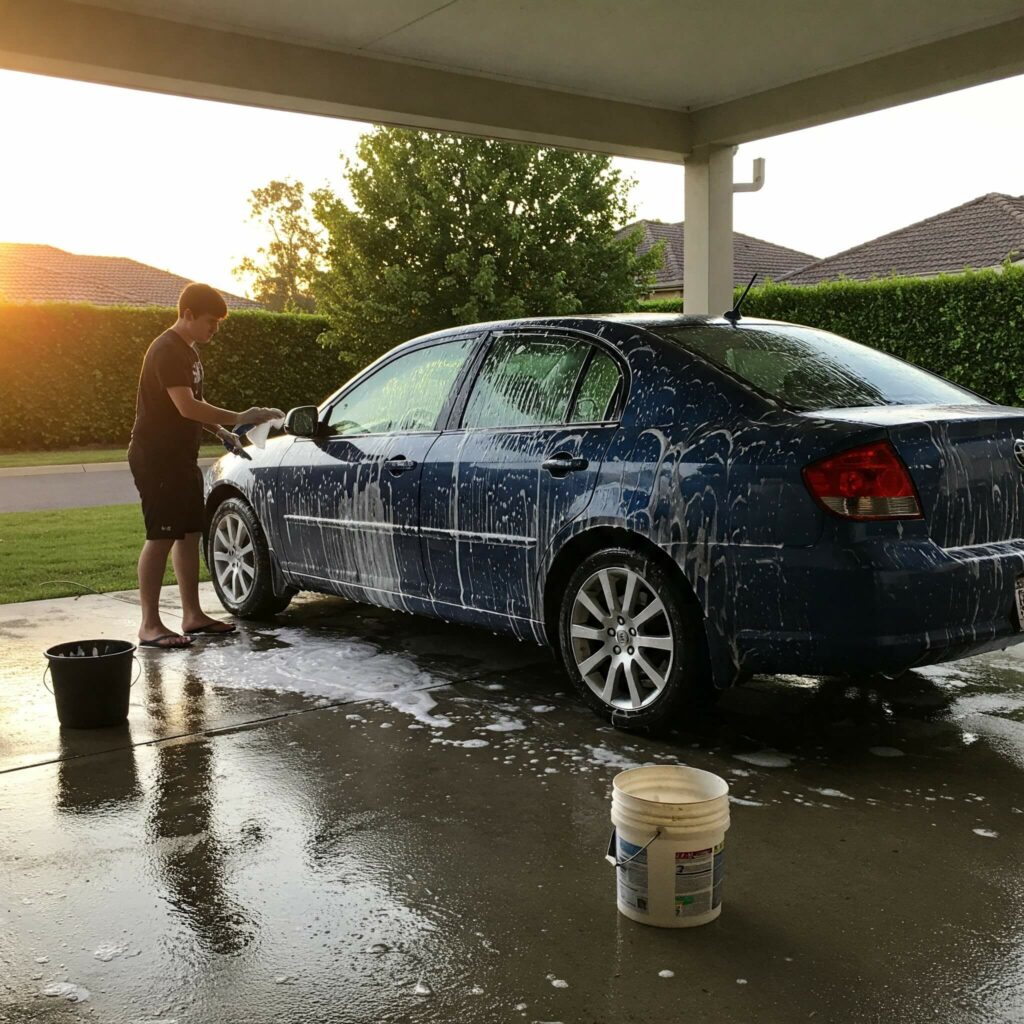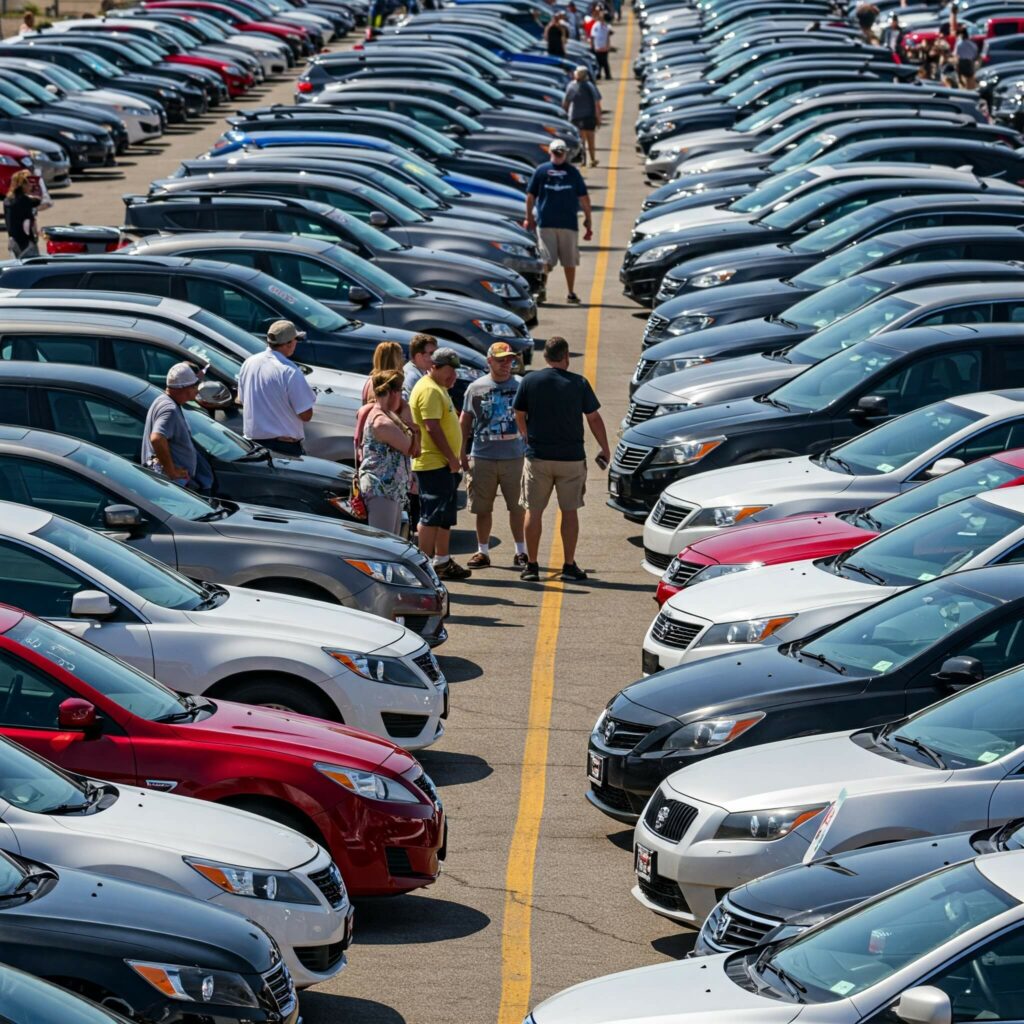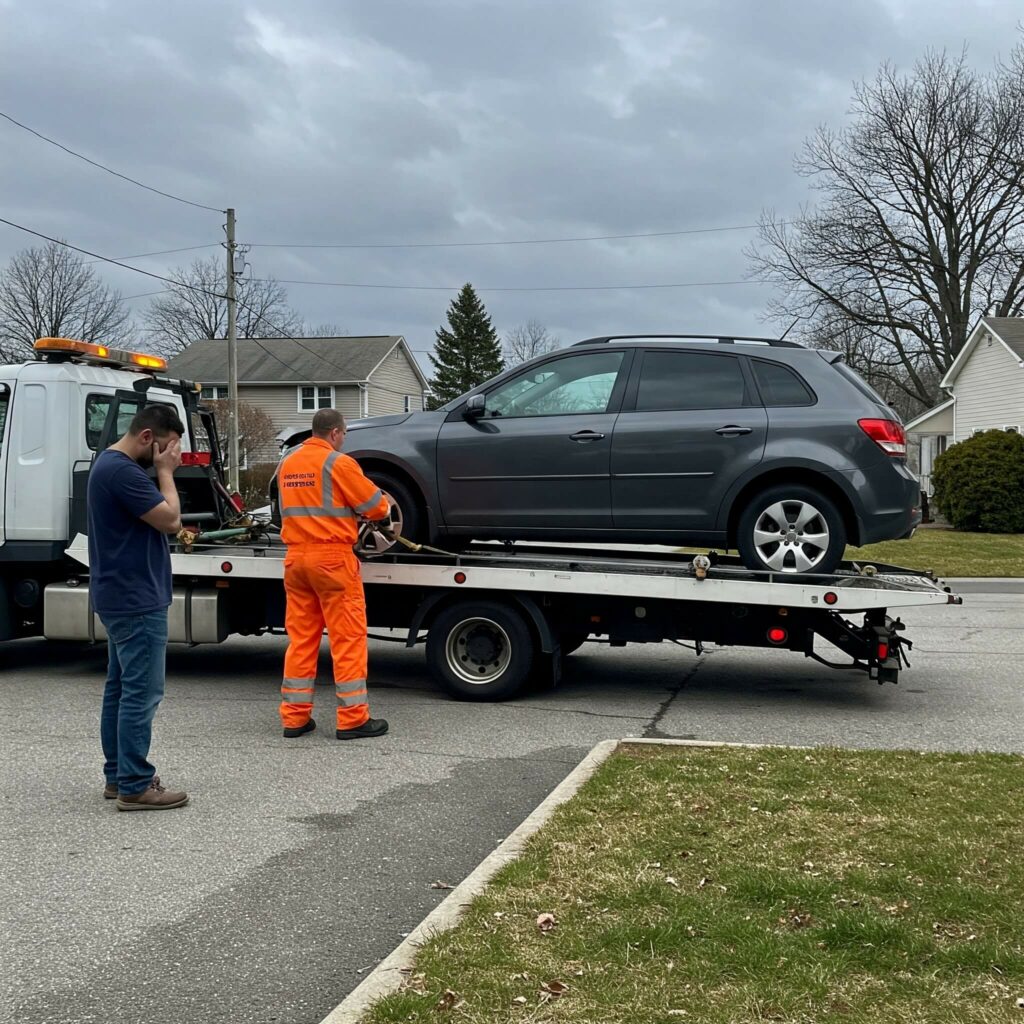
Buying cars at dealer-only auctions in California sounds like a goldmine—but without a license, the gates stay closed. The road to legal access involves paperwork, inspections, and compliance with the state’s motor vehicle regulations. Below is your clear roadmap to securing a legitimate car auction license and turning the ignition on your automotive business. If you’re looking to join car auctions Los Angeles, the first requirement is a valid auto dealer license.
Once licensed, you can buy used cars, attend private auctions, and legally sell vehicles within the state. Here’s how to get started.
Obtaining a California Auto Dealer License for Auction Access
Every applicant must go through a formal process with the California Department of Motor Vehicles. This process grants you the legal right to attend and buy vehicles at dealer-only events, and to sell cars in California as a licensed operator.

Understanding California’s Auto Dealer License Types
Before filing anything, know what type of license suits your goals:
- Retail Dealer License – Buy and sell vehicles to the public.
- Wholesale Dealer License – Buy from auctions, sell to other licensed dealers only.
- Broker License – Connect buyers and sellers, without inventory ownership.
Each dealer license has different operational limits. A wholesale only dealer cannot legally sell directly to private buyers.
Step-by-Step Guide to Obtaining Your License
The application process involves specific regulatory steps:
- Complete a certified dealer education program (6-hour course).
- Pass the dealer training course final exam.
- Secure a compliant business location with display area and signage.
- Submit a completed application to the California DMV with your fictitious name statement, if applicable.
- Pay the necessary application fee and motor vehicle board fee per branch location.
- Provide proof of a surety bond, liability insurance, and business licenses.
- Pass the DMV inspector review at your dealership location.
- Submit your fingerprint card and pass a background check.
Out-of-state applicants must meet the same local facility and documentation requirements.
Financial and Legal Requirements
To legally conduct business, you must meet the following:
- Secure a surety bond of $50,000 (typical for wholesale).
- Submit proof of insurance for all vehicles on premises.
- Pay a $1 motor vehicle board fee for every business location.
- Present a valid business license and resale permit from the California Department of Tax and Fee Administration.
- Include a seller’s permit for tax purposes.
Failing to meet even one of these can delay or deny your auto dealer license.
Accessing Dealer-Only Auctions Post-Licensing
Once you’re licensed, it’s time to explore dealer only auctions. These are restricted marketplaces offering used vehicles, repossessions, and fleet auction cars.
Major car auctions in California include:
- ADESA Golden Gate
- Manheim Southern California
- Copart and IAA branches across the state
Registration typically requires a copy of your valid auction license, your dealer plate number, and your vehicle dealer license documentation.

Maintaining Compliance and Renewing Your License
To keep your license valid:
- Renew annually before expiration.
- Maintain organized sales logs and condition reports.
- Comply with scheduled sessions and continuing education if required.
- Stay current with any fee administration changes from the California DMV.
Every dealer wholesale operation must maintain a complete audit trail of all used cars, inventory, and vehicles sold.
Tips for Success in Car Auctions
What separates profit-makers from time-wasters?
- Inspect auction cars in person.
- Set your max bid—stick to it.
- Review condition reports before bidding.
- Use dealer plates strategically to test-drive or showcase purchases.
- Build rapport with auction house staff and reps.
Common Mistakes to Avoid During the Licensing Process
Even experienced applicants can trip over avoidable details:
- Submitting an incomplete application—missing documents or leaving fields blank.
- Skipping pre-licensing education or failing the sit down test.
- Choosing a business location that fails inspection due to signage, access, or layout.
- Forgetting to display your license in California at the dealership premises.
- Delaying payment of the motor vehicle board fee, risking processing stalls.
Avoid these setbacks by carefully checking each application process requirement before submission.

Resources and Support
California offers numerous support systems for dealers navigating licensing:
- California DMV Occupational Licensing Division – Guides, forms, and contact support.
- Approved dealer education course providers – Many offer online and in-person options.
- Local auto dealer associations – Networking, legal updates, and scheduled sessions.
- Industry forums and training workshops – Stay current on updates to car auction license policies and DMV protocols.
Your business licenses, resale permit, and legal obligations can also be verified with the California Department of Tax and Fee Administration.
Final Notes on Legal Auction Access
Once licensed, you gain access to a world of vehicles, high-margin deals, and exclusive car auctions. Whether you specialize in used cars, fleet liquidation, or dealer wholesale, California offers massive opportunity—if your documentation is in order.
Every detail, from your fictitious name statement to your dealer plate, signals to auctioneers and regulators that you are part of the state’s network of registered dealers. It’s not just paperwork—it’s proof you’re qualified to sell vehicles and represent a legitimate car dealership.
Summary Checklist for Aspiring Dealers
- Choose your license: retail dealer license, wholesale dealer license, or broker.
- Finish your dealer education and exam.
- Set up a compliant dealership and secure a display area.
- Pay all fees: application fee, motor vehicle board fee, and bond.
- Pass DMV inspection and provide a business license and resale permit.
- Register with major car auctions and bring your auction license to start bidding.
Closing Advice
Every licensed vehicle dealer in California began with the same question: how to break into dealer-only auctions legally? It all begins with one answer—compliance.
From securing a verified branch location to passing the DMV’s review of your occupational license, each step ensures you meet California’s standards. With discipline and accurate paperwork, you move from outsider to certified buyer. No guesswork—just documented, in person readiness to thrive in the state’s vibrant auto sales ecosystem.
FAQ
- Do I need a license to buy cars at auctions in California?
Yes. You must hold an approved auto dealer license to access dealer-only auctions.
- How long does it take to get an auto dealer license in California?
Expect the process to take 4–6 weeks depending on how fast you complete each step.
- Can I operate a car dealership from my home in California?
No. Your dealership location must be a commercial physical location that meets DMV standards.
- What is the cost of obtaining an auto dealer license in California?
Costs include an application fee, dealer education, surety bond, fingerprint card, and various state registration expenses. Budget several thousand dollars.
- Is a background check required for the license?
Yes. A mandatory background check is part of your initial application.
- Do I need to take any educational courses?
Yes. California requires a dealer training course and certificate from a certified dealer education program.
- Can I sell cars immediately after obtaining the license?
Yes. Once approved, you can attend auctions and sell cars under your new license and dealer plates.
- Are there any ongoing requirements after getting the license?
Yes. You must renew your license, maintain accurate records, and follow California DMV regulations.
